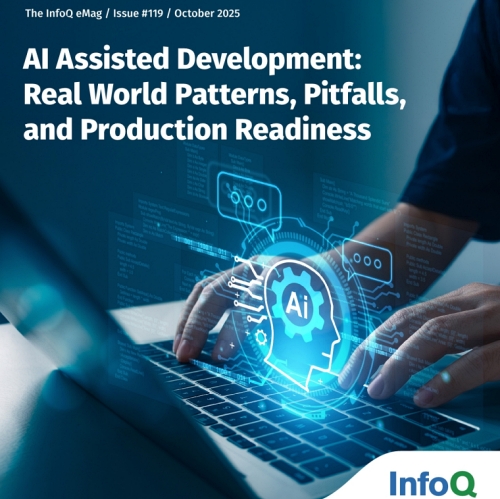MV-MLM: Bridging Multi-View Mammography and Language for Breast Cancer Diagnosis and Risk Prediction
PositiveArtificial Intelligence
A new study introduces MV-MLM, a model that combines multi-view mammography with language processing to improve breast cancer diagnosis and risk prediction. This innovation is significant because it addresses the challenge of acquiring large, annotated datasets, which are often expensive and time-consuming. By leveraging Vision-Language Models like CLIP, MV-MLM enhances the efficiency and accuracy of medical imaging tasks, potentially leading to better patient outcomes and more effective cancer screening.
— Curated by the World Pulse Now AI Editorial System




